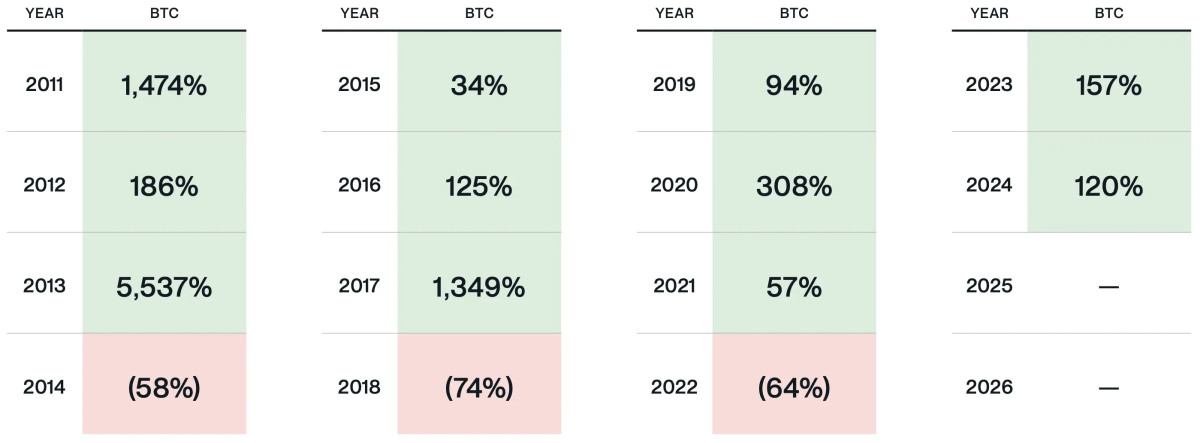Online bettors wagered some 45 million euros on the Rugby World Cup in just the first three weeks of play. In August, a record number of women around the globe bet on the FIFA Women’s soccer World Cup, the most-viewed women’s sporting event in history. A staggering $35 billion (that’s with a “b”) in bets were laid on the men’s tournament last year.
Since it shifted online in the 1990s, the age-old practice of sports betting has boomed worldwide. While this is great for the industry, it also demands that responsible companies take steps to ensure that the needs of customers are not trampled in the stampede for profit.
With blockchain technology, we can make that happen.
Blockchain Technology and Sports Betting
The sports betting market, now worth an estimated $85 billion globally, is expected to expand by more than 10% a year between now and 2030.
The industry is benefiting from several tailwinds. Jurisdictions across the West are legalizing online betting, despite recent moves in the United Kingdom, Australia, Canada and elsewhere to tug on the reins. And in developing economies, growing internet penetration and the rise of a young, tech-savvy and expanding middle class is fueling expansion.
Add to this a surge in investment in major sports, as the purchase of teams and leagues gains credence as a sound investment.
Legalized sports betting is not only entertaining for fans, it can benefit the wider economy by creating jobs and encouraging ticket sales. But by far the biggest beneficiaries are the betting companies themselves.
While it makes absolute sense for these businesses to capitalize on the boom, many are so eager to maximize margins they are disregarding the interests of their customers.
But we now have the chance to make the game both more equitable and more fun for users.
Many betting outfits today operate with too much opacity and rely on arbitrary rules to curb winning streaks. While promoting responsible gambling is important, some of these restrictions seem designed simply to maximize profit.
Take the betting shops that cap the potential earnings of customers who win too often, or limit or block their access to services. Worse, many do so at the point of engagement, without telling bettors. And yet these same providers are happy to attract and keep less successful bettors, who are often the ones who can least afford to lose
Levelling the Playing Field
Limiting access makes sense where you suspect fraud or other illegal activity. But often companies go to the extreme and place limits on anyone who wins too much for their comfort.
In traditional financial services, where I began my career, we didn’t have that luxury. Some of our best and most important customers were also the most adept at engaging with the market. It was up to us to manage that portfolio risk ourselves without trying to limit their activity.
With sports betting, the playing field has tilted too far in favor of providers.
Thankfully, technology now offers us the power to rebalance the playing field. The technology I’m talking about is blockchain, which, coupled with the right policies and practices, can rebalance the equation.
Enter Blockchain
First, the use of a distributed ledger makes capital flows within a sportsbook transparent. Investors in traditional markets have access to far more and higher quality data and information about movements than those who wager on sports. In the long run, access to that kind of data can make the difference between coming out ahead and falling at the last fence.
Second, blockchain allows self-custody of assets, helping protect bettors from fraud and theft by less scrupulous operators.
Finally, under some models, decentralized technology enables a new twist on an old game by permitting bettors to assume the role of the sportsbook: or “the house”, in industry parlance.
It is important to explain here that sportsbooks have two major advantages over bettors.
The first lies in the odds they offer. The difference between what the industry calls “true odds” and those a sportsbook offers users is known under many names depending on geography. But whether you know it as the “vigorish”, “vig”, “take” or “hold”, it amounts to the same thing: the house’s financial edge.
The second is that centralized betting companies can mitigate risk by taking other wagers that offset those they have on their books.
With favorable odds and the power to offset risk, the sportsbook can pretty much bank on making money over the long run – hence the adage “the house always wins”.
???? Experience a new era of sports betting with Six Sigma! Bet on sports and 'be the house' for the first time. Our transparent blockchain settlement provides real-time data on betting activity. Join us to redefine the future of sports betting. ????⚽ #SixSigmaSports #ChangeTheGame pic.twitter.com/f29UWC9K2a
— SIX SIGMA SPORTS (@SixSigmaSports) October 24, 2023
When we built Six Sigma Sports, we used blockchain technology to allow users to step into the sportsbook role and accept wagers across all potential outcomes. This means they can offset risk and potentially reap the rewards enjoyed by betting companies.
It seems clear from its growth trajectory that online wagering is destined to become a commonplace way for users to engage with sports and a growing number of sportsbooks are out there jostling for their business.
That makes it more important than ever for responsible providers to think hard about how to create a more equitable – and enjoyable – future for everyone. With blockchain technology, we have an opportunity to do that.
And that’s worth betting on.
This article was written by Peter Argerakis at www.financemagnates.com.
You can get bonuses upto $100 FREE BONUS when you:
💰 Install these recommended apps:
💲 SocialGood - 100% Crypto Back on Everyday Shopping
💲 xPortal - The DeFi For The Next Billion
💲 CryptoTab Browser - Lightweight, fast, and ready to mine!
💰 Register on these recommended exchanges:
🟡 Binance🟡 Bitfinex🟡 Bitmart🟡 Bittrex🟡 Bitget
🟡 CoinEx🟡 Crypto.com🟡 Gate.io🟡 Huobi🟡 Kucoin.




















Comments